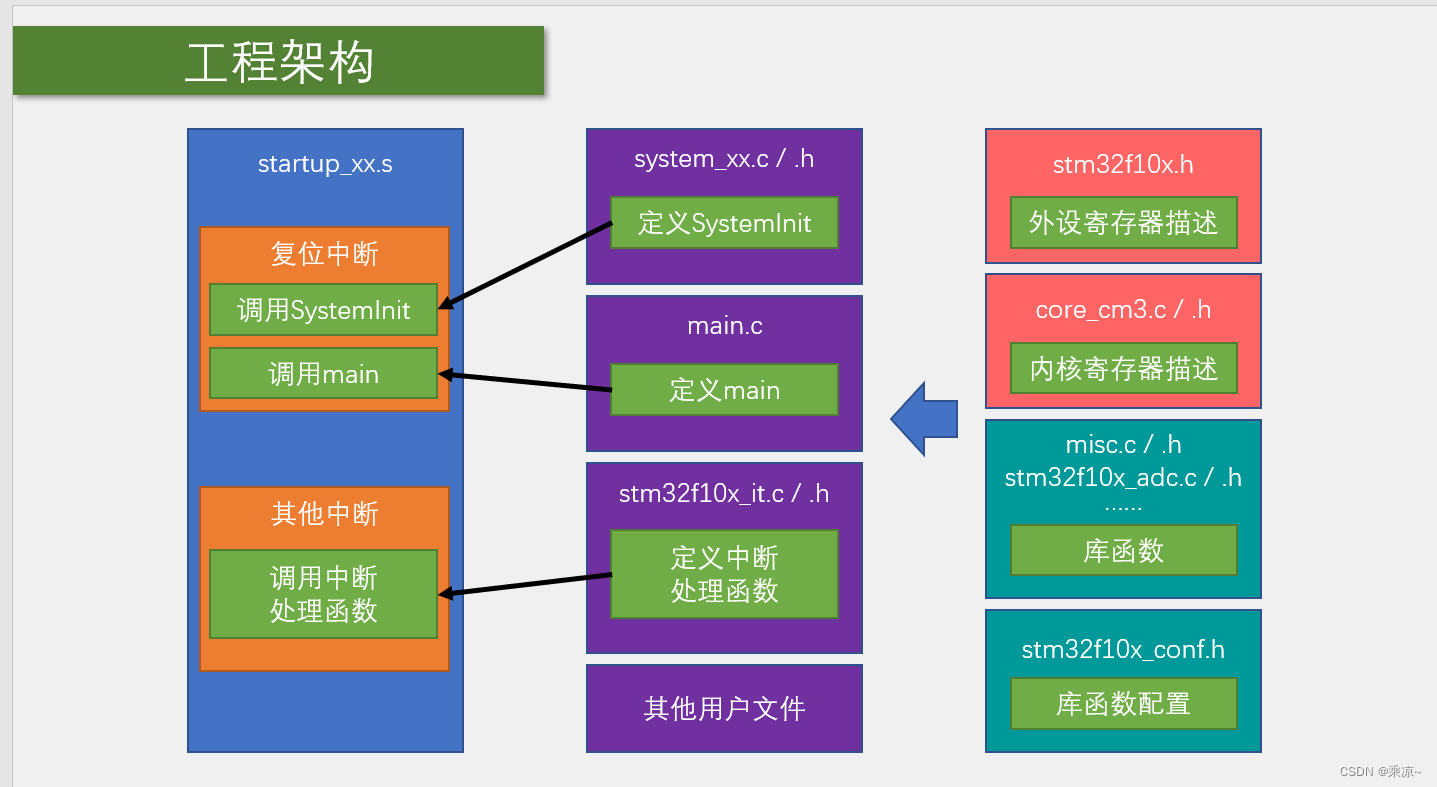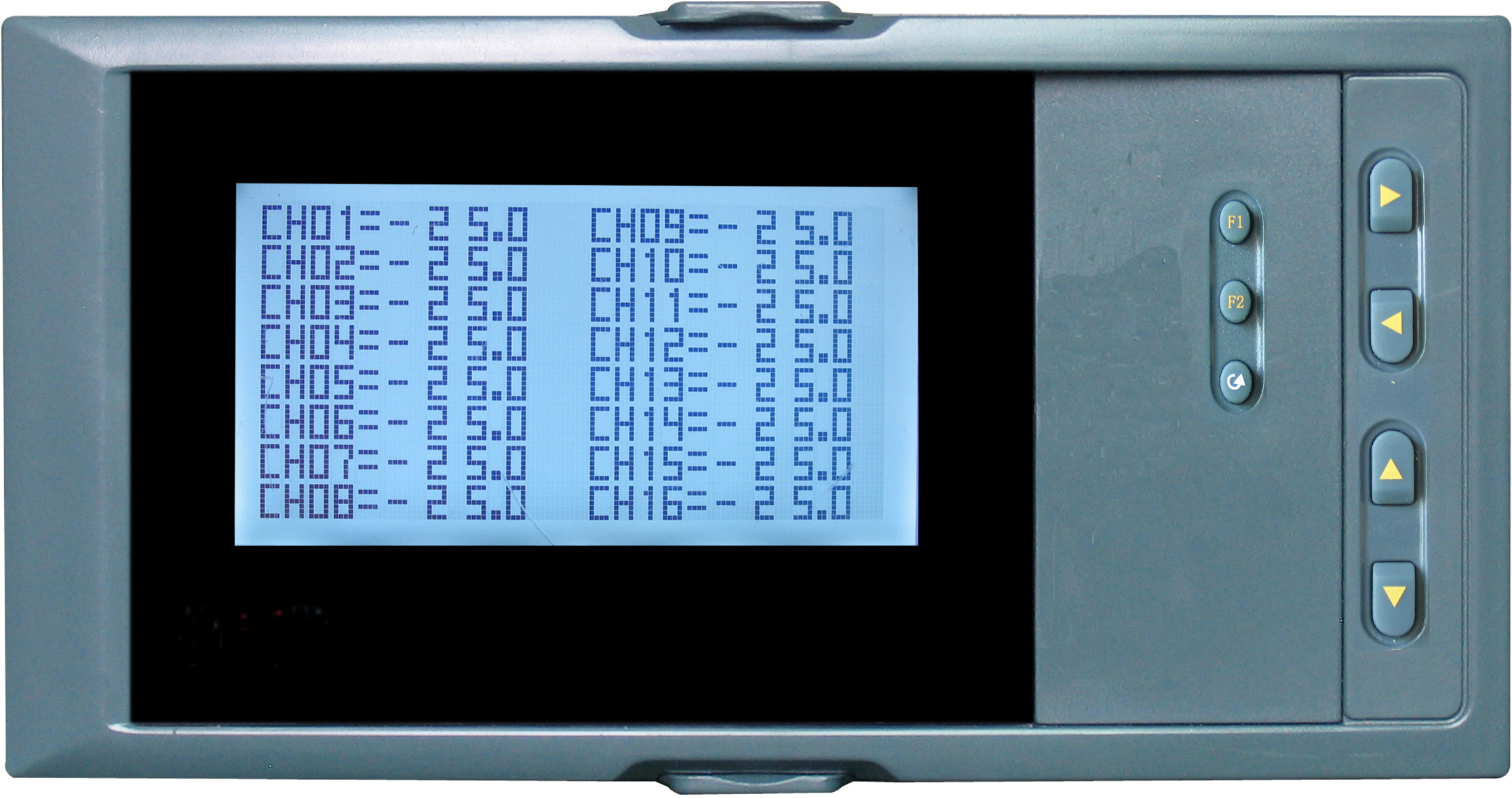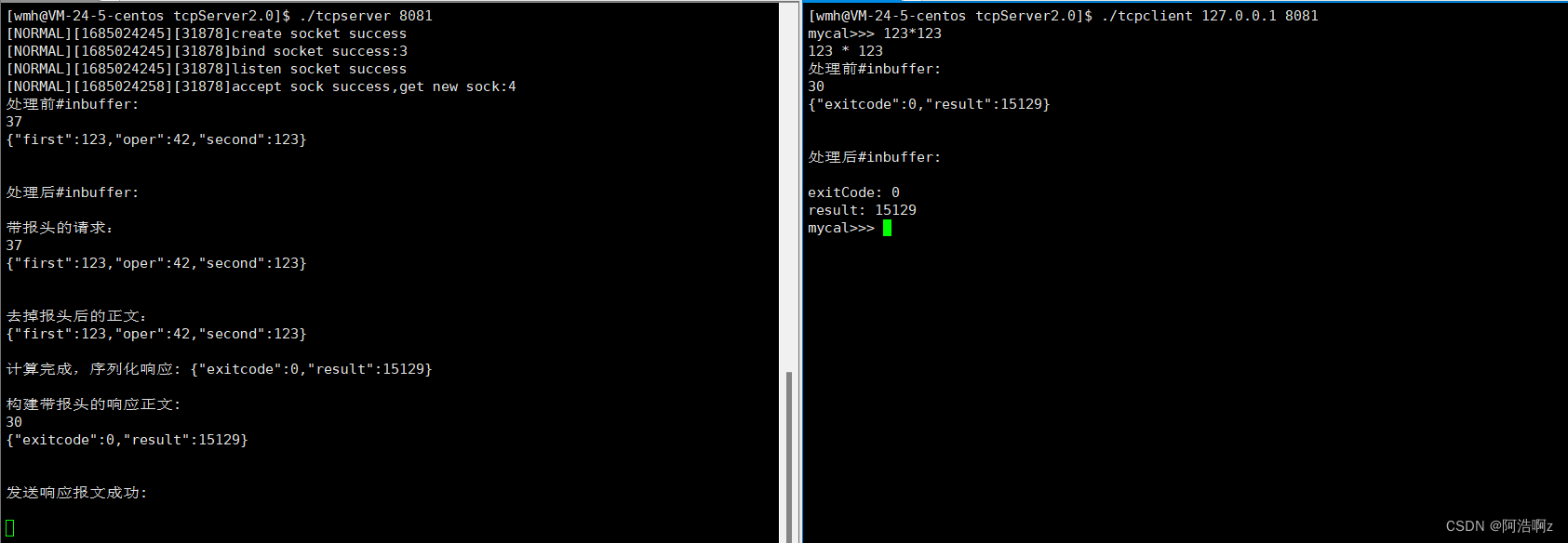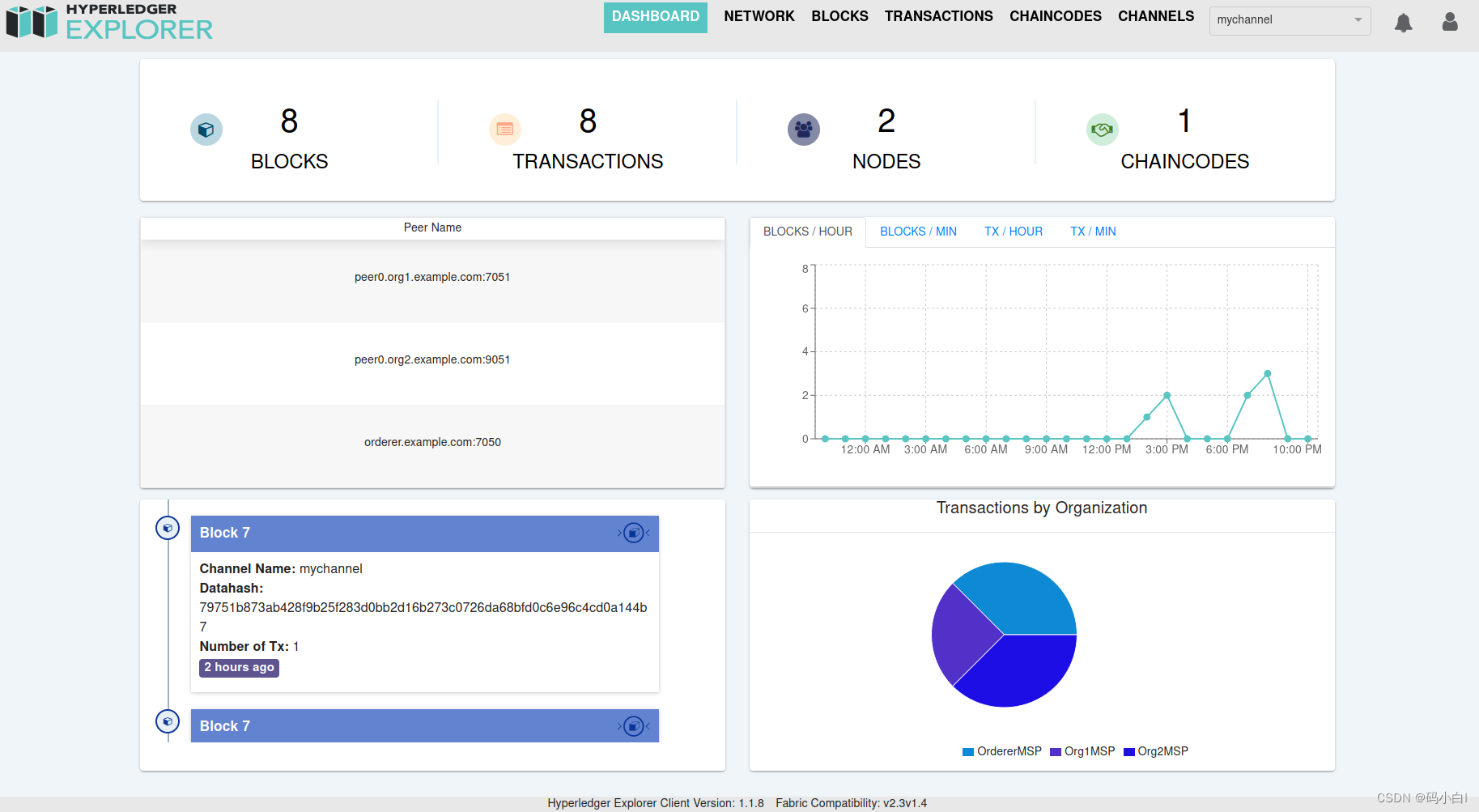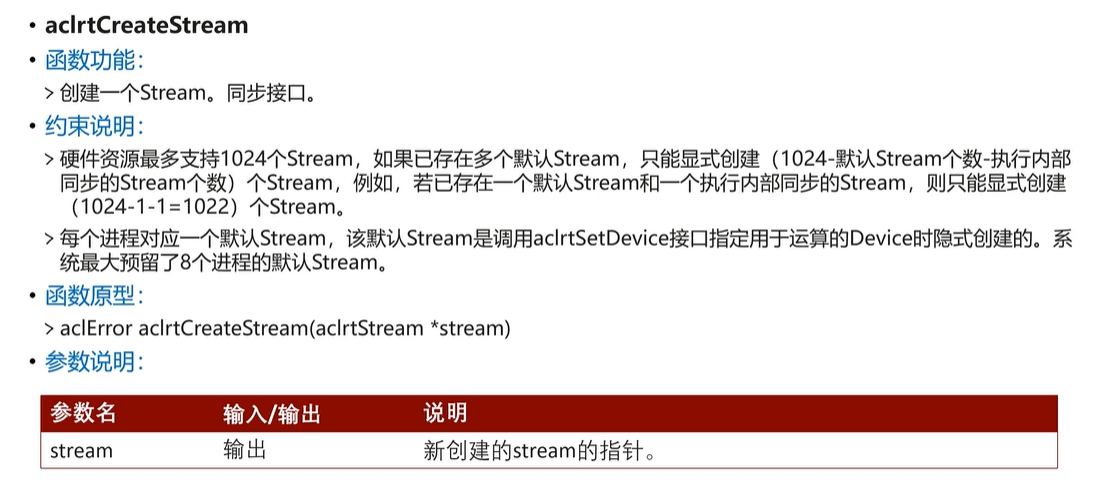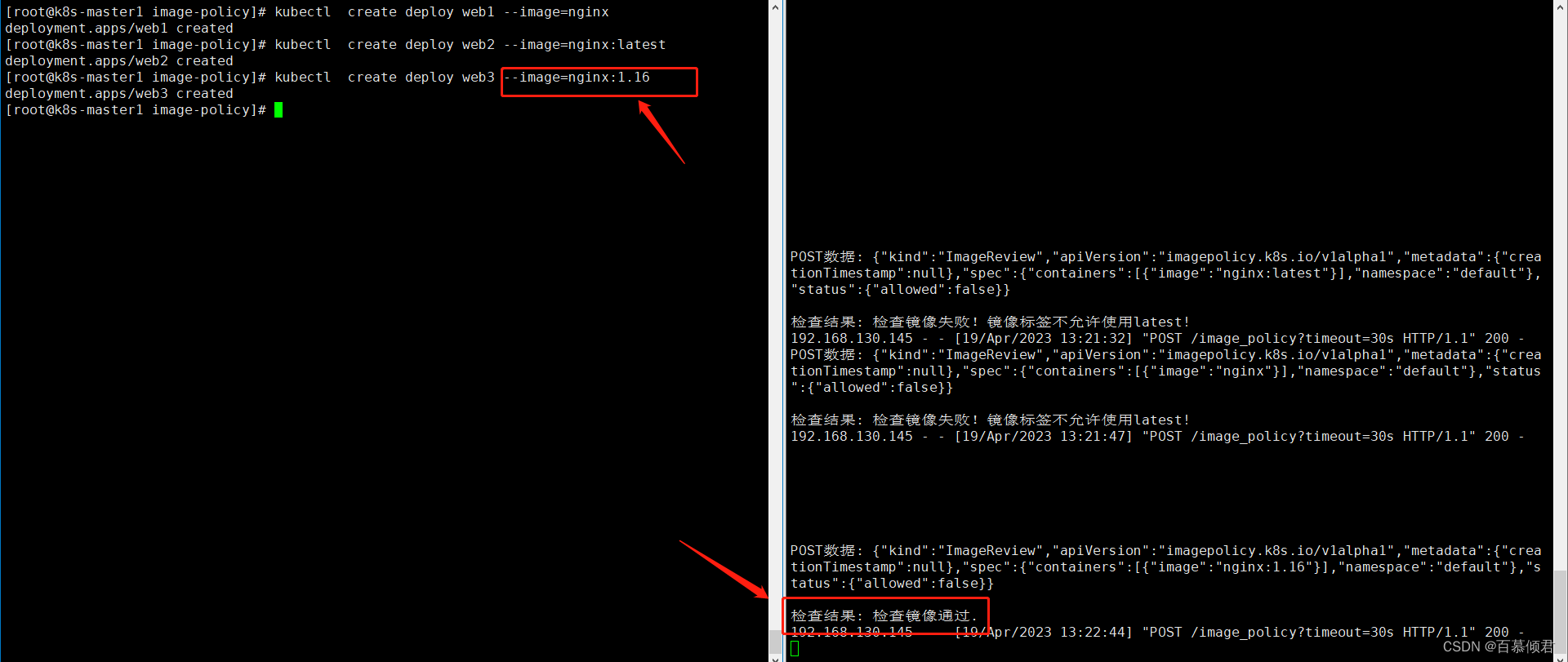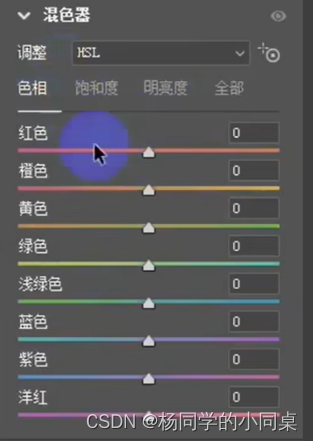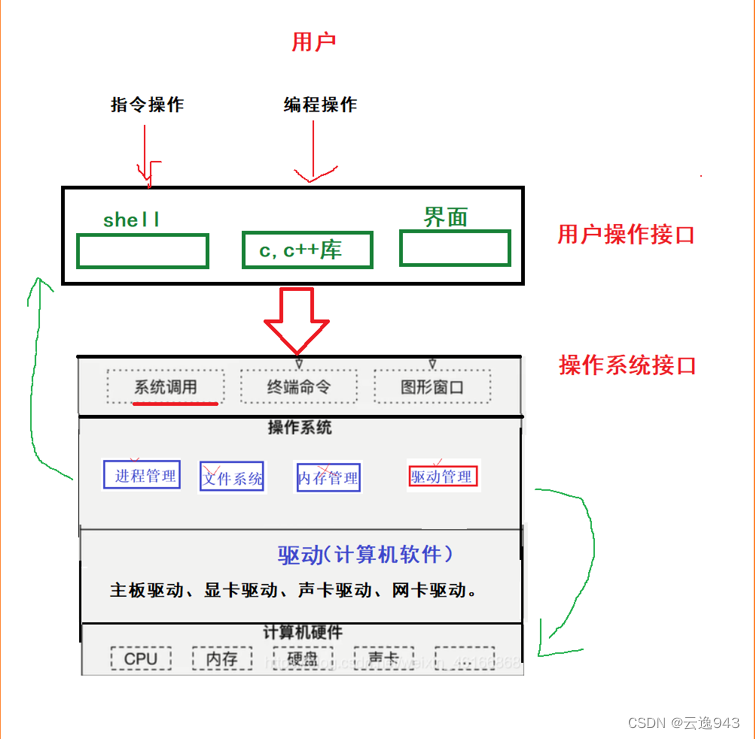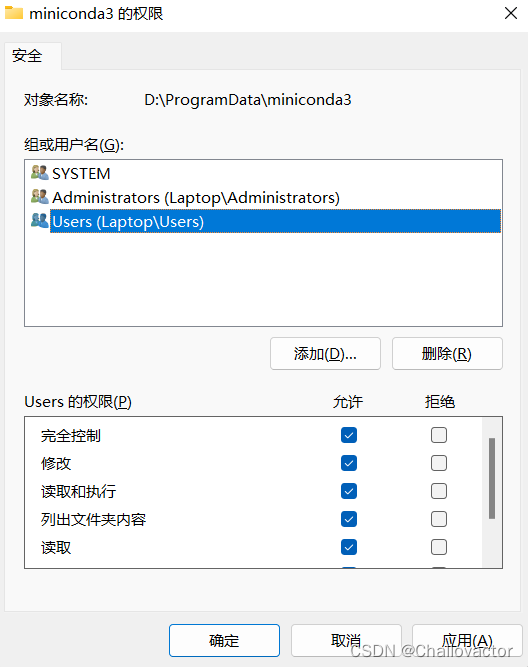😏★,°:.☆( ̄▽ ̄)/$:.°★ 😏
这篇文章主要介绍jsoncpp的使用。
学其所用,用其所学。——梁启超
欢迎来到我的博客,一起学习知识,共同进步。
喜欢的朋友可以关注一下,下次更新不迷路🥞
文章目录
- :smirk:1. jsoncpp介绍
- :blush:2. jsoncpp安装
- :satisfied:3. jsoncpp入门使用
- 从字符串读取
- 写入到字符串
- 从文件中读取
- 写入到文件
😏1. jsoncpp介绍
JsonCpp是一个开源的C++库,用于解析、生成和操作JSON格式数据。它支持标准的JSON语法,并具有良好的扩展性和可定制性。
该库提供了简单易用的API,可以轻松地实现JSON数据的读取、写入、修改和查询等操作。它还提供了丰富的错误处理机制和文档化的代码示例,使得初学者也能快速上手。
JsonCpp支持所有主流的C++编译器和操作系统平台,并且在多个开源项目中被广泛应用,如OpenCV、ROS等。同时,该库还提供了Python和Java等其他编程语言的绑定,方便跨语言使用。
JsonCpp是一个功能强大、易用性高、性能优秀的C++ JSON库,为JSON数据的处理提供了便利和效率。
😊2. jsoncpp安装
ubuntu apt安装比较简单:
sudo apt-get install libjsoncpp-dev
引用头文件:
#include "jsoncpp/json/json.h
编译:
g++ main.cpp -o main -ljsoncpp
😆3. jsoncpp入门使用
从字符串读取
#include "jsoncpp/json/json.h"
#include <iostream>
#include <memory>
/**
* \brief Parse a raw string into Value object using the CharReaderBuilder
* class, or the legacy Reader class.
* Example Usage:
* $g++ readFromString.cpp -ljsoncpp -std=c++11 -o readFromString
* $./readFromString
* colin
* 20
*/
int main() {
const std::string rawJson = R"({"Age": 20, "Name": "colin"})";
const auto rawJsonLength = static_cast<int>(rawJson.length());
constexpr bool shouldUseOldWay = false;
JSONCPP_STRING err;
Json::Value root;
if (shouldUseOldWay) {
Json::Reader reader;
reader.parse(rawJson, root);
} else {
Json::CharReaderBuilder builder;
const std::unique_ptr<Json::CharReader> reader(builder.newCharReader());
if (!reader->parse(rawJson.c_str(), rawJson.c_str() + rawJsonLength, &root,
&err)) {
std::cout << "error" << std::endl;
return EXIT_FAILURE;
}
}
const std::string name = root["Name"].asString();
const int age = root["Age"].asInt();
std::cout << name << std::endl;
std::cout << age << std::endl;
return EXIT_SUCCESS;
}
写入到字符串
#include "jsoncpp/json/json.h"
#include <iostream>
/** \brief Write a Value object to a string.
* Example Usage:
* $g++ stringWrite.cpp -ljsoncpp -std=c++11 -o stringWrite
* $./stringWrite
* {
* "action" : "run",
* "data" :
* {
* "number" : 1
* }
* }
*/
int main() {
Json::Value root;
Json::Value data;
constexpr bool shouldUseOldWay = false;
root["action"] = "run";
data["number"] = 1;
root["data"] = data; // 嵌套
if (shouldUseOldWay) {
Json::FastWriter writer;
const std::string json_file = writer.write(root);
std::cout << json_file << std::endl;
} else {
Json::StreamWriterBuilder builder;
const std::string json_file = Json::writeString(builder, root);
std::cout << json_file << std::endl;
}
return EXIT_SUCCESS;
}
从文件中读取
package.json
{
"name": "tmp",
"version": "1.0.0",
"dependencies": {
}
}
readFile.cpp
#include <iostream>
#include <fstream>
#include <jsoncpp/json/json.h>
using namespace std;
int main(){
ifstream ifs("package.json");
Json::Reader reader;
Json::Value obj;
reader.parse(ifs, obj);
cout << " name " << obj["name"].asString() << endl;
return 0;
}
写入到文件
fileWrite.cpp
#include <iostream>
#include <fstream>
#include <jsoncpp/json/json.h>
using namespace std;
int main(){
fstream fs;
fs.open("package_new.json",ios::out); // ios::out|ios::app为追加
Json::Value root;
Json::Value data;
root["action"] = "run";
data["number"] = 1;
root["data"] = data; // 嵌套
Json::StreamWriterBuilder builder;
const std::string json_file = Json::writeString(builder, root);
// std::cout << json_file << std::endl;
fs << json_file << endl; // 写入文件
fs.close();
return 0;
}

以上。

